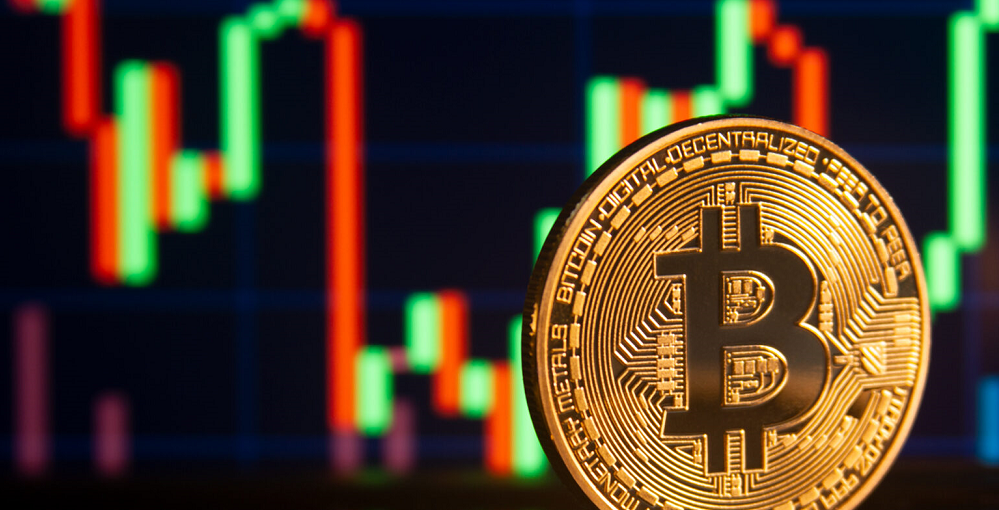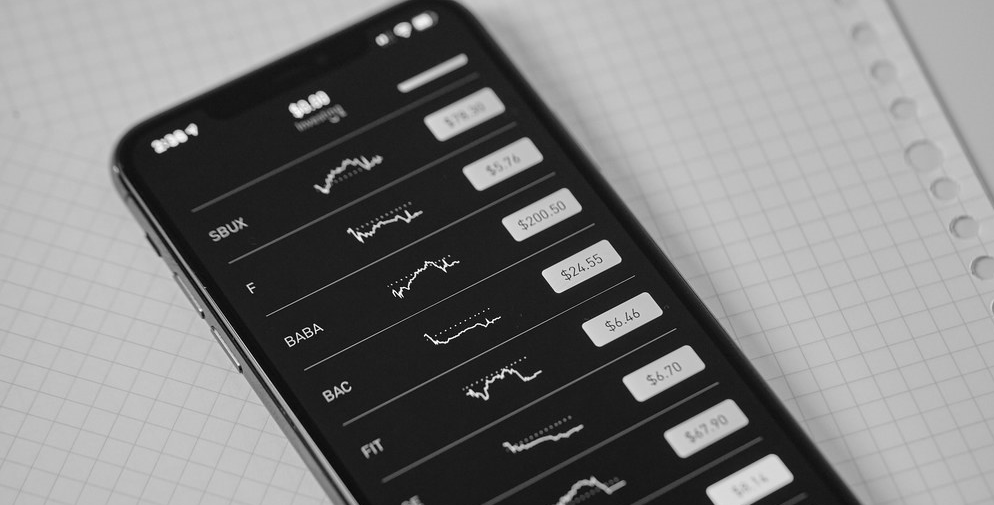
Despite the governments around the globe’s growing efforts to bring crypto markets under control, many aspects of them still somewhat resemble the Wild West — what with the play-to-earn games boom, NFT speculation, and other features that are often poorly understood by the officials. However, at the same time, there are some tendencies bringing “traditional” legitimacy to some aspects of the vast cryptocurrency market. One of the signs that Bitcoin, specifically, is getting more and more mature as a currency and as a market is the recent appearance of the Bitcoin futures ETFs.

Going Legit: What Are Bitcoin Futures
First, let’s take a quick look at what the futures themselves are. In short, they are contracts that obligate the parties to sell and buy the specified asset at some fixed time in the future (at the contract expiration date) for a fixed price. The underlying assets for the futures contracts may be stocks, commodities, etc; in 2017, Bitcoin joined the ranks of such assets. Bitcoin futures have been trading on several exchanges since then, some of them institutionally regulated, like Chicago Mercantile Exchange (CME), and some unregulated, like Binance.
In general, the purpose of a futures contract may be to hedge against volatility, to speculate on the prices, or to reduce uncertainly while planning future investments (as the price paid at the expiration is known in advance). Some futures markets allow cash delivery instead of physical one, meaning that the parties don’t have to exchange an underlying asset at the end of the contract, operating with its cash equivalents instead (and in the case of the Bitcoin futures, this means fiat currency).
Just like another popular cryptocurrency derivative product, perpetual swaps, futures trading is usually leveraged. This means that the buyer doesn’t pay the whole price of the contract upfront but just a part of it (the rest is put up by the broker, hence “leverage”). This allows the trader to get more profits, compared to the initial payment, if the trade goes well, although the risks are higher too (bad trade may put him or her into debt towards the broker by the contract’s close).
Bitcoin Futures Trading: Pros And Cons
Bitcoin futures, specifically, have several features that fit this particular asset very well.
- First of all, as futures don’t require access to the underlying asset itself, the investor can gain exposure to it without getting into Bitcoin trading which sometimes deters institutional investors (and even retail investors are sometimes hesitant to create wallets and learn the nuances of trading crypto itself).
- Secondly, the futures market is regulated — which, again, is more attractive to institutional investors.
- Also, there are mechanisms akin to stop-loss in place, which allow the investor to cut their losses.
There are also some negatives to watch for.
- Leverage makes the trading riskier: as the wins are amplified, so are the losses
- Futures are “not the real thing”: the traders don’t own Bitcoin, just the contracts to buy and sell
- Futures contract’s value is fixed (you can’t buy a partial contract), and it can be pretty steep. For example, the CME Bitcoin futures price is 5 bitcoin for one futures contract (although it’s in the process of launching micro Bitcoin futures, with the price of 1/10 bitcoin).
We Must Go Deeper: Why ETFs
There has been a big push towards the crypto ETFs, and in October 2021 the news came: SEC has approved Bitcoin ETF, which is the first for this market. ETF is an exchange-traded fund tracking the price of an underlying asset. In the case of the futures-based Bitcoin ETFs, the price getting tracked is not the current, or spot, Bitcoin price, but, as the name implies, the price of the Bitcoin futures available at the moment. The purpose of Bitcoin ETF is ostensibly to offer exposure to this asset to the traditional investors with more trust in the stock market than the crypto one, who nonetheless are looking for the best crypto to invest in now (as seemingly everybody does).
Bitcoin ETF Trading: Pros And Cons
- ETFs issue shares, and as such allow for more granular trades than the futures contracts.
- Bitcoin (or, for that matter, any crypto) ETFs are traded on a stock exchange, eliminating the need to either learn specifics of the futures trading or, in the case of Bitcoin, learn the ins and outs of the cryptocurrency trading.
On the other hand, there are issues with ETFs. Just a few examples are:
- Futures-based ETF can underperform the underlying asset, both because of the management and other fees taken from the investments and because of the imperfections in the tracking mechanism.
- ETFs are traded during market hours, not 24/7.
- ETFs gains are also subject to more taxes than futures.

Considerations And Consequences: Bitcoin Futures Trading And Bitcoin ETF News
Trading Bitcoin futures themselves, while may be profitable for the experienced investor familiar with this instrument, is not easy to get right (and expensive!) for a novice. Moreover, it can prove either too risky (if it’s happening on an unregulated platform) or hard to get into (on the regulated futures exchanges requiring setting up an account).
On the other hand, it’s easier to start trading Bitcoin futures ETFs, which can be as simple as buying some shares through a Fidelity account. While not necessarily offering as much to gain as futures (and still risky), they can mitigate some investors’ concerns. Combined with the above-board structure of the ETFs, this facilitated strong investor interest: just a month after its launch, the pioneering ProShares Bitcoin ETF (ticker BITO) has more than $1.3bn in exposure, with others — Valkyrie and VanEck Bitcoin ETFs — trailing not far behind.
Still, this is not all that the brokers and investors wanted. In 2021, the battle with SEC for the spot, not futures-based Bitcoin ETF approval seems all but lost — but there’s no way this is the end. By the looks of it, though, for this kind of SEC Bitcoin ETF approval, BTC undoubtedly will have to come under the regulator’s gaze even more.
Conclusion: What Does It All Tell Us About the Bitcoin Future
While the Holy Grail for the traditional trader interested in crypto exposure — a spot-based Bitcoin ETF — is not yet here, the current situation is a big step toward Bitcoin’s wider adoption and legitimization. It’s undeniable now that both institutional and retail investors are taking note of Bitcoin’s market power, despite the general public’s history of distrust toward the cryptocurrency crowd. This also might be opening the doors to other cryptocurrency ETFs and futures to follow.
While this is exciting for many, there’s also the opposite opinion: bringing Bitcoin into the big leagues defeats its purpose as a decentralized currency. It does seem ironic that the asset whose whole history started with the words “Chancellor on brink of second bailout for banks” is moving full steam into Wall Street markets. But of course, it might be that Bitcoin trading will bring changes there — and not the other way around.




